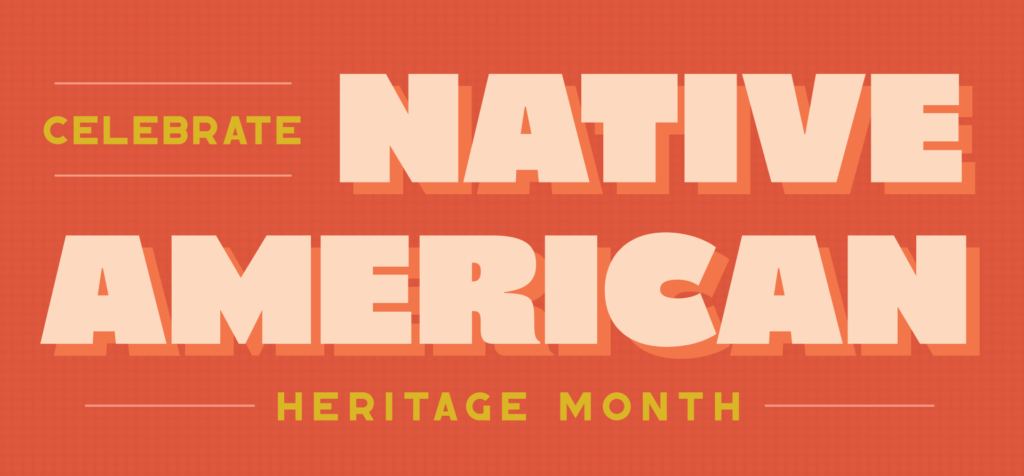
National Native American Heritage Month celebrates and recognizes the accomplishments of the peoples who were the original inhabitants, explorers, and settlers of the United States. The Federal Register recognizes 573 separate tribal entities living in the United States today. The more populous tribes include Cherokee (729,000+), Navajo (298,000+), and Choctaw (158,000+).
In honor of Indigenous culture, history and contributions, Poudre Libraries has pulled together a list of recommended reading and viewing. This is just a small sample of what is available through the library to learn more about Indigenous stories. For an online resource that includes images and digital exhibits, visit NativeAmericanHeritageMonth.gov, an online collaboration among the Library of Congress and partners.
ADULTS
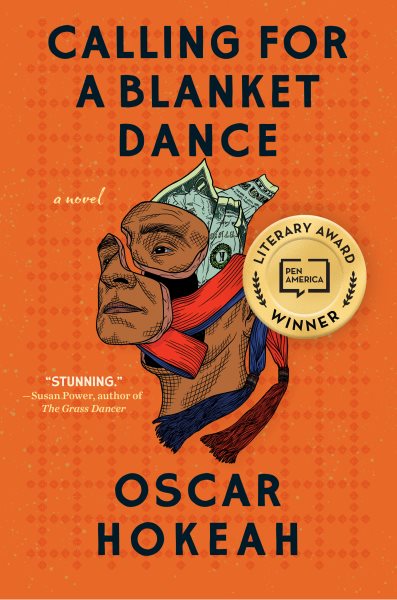
Calling for a Blanket Dance by Oscar Hokeah
Winner of the PEN American/Hemingway Aware for Debut Novel. The novel follows the life of Ever Geimausaddle, a young Native American, through the multigenerational perspectives of his family as they face policy corruption, threats of job loss, constant resettlement, and the pent up rage of centuries of injustice.
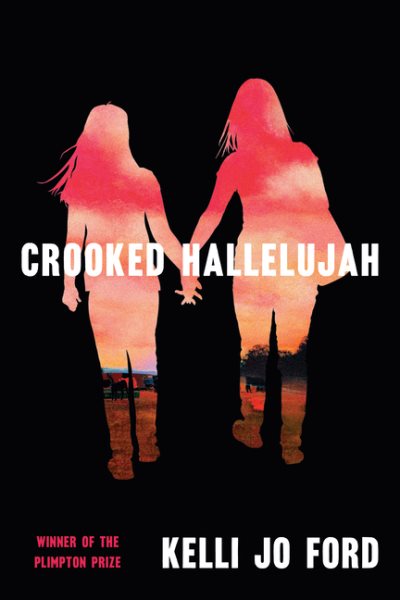
Crooked Hallelujah by Kelli Jo Ford
Plimpton Prize Winner. This debut novel tells the stories of Justine—a mixed-blood Cherokee woman— and her daughter, Reney, as they move from Eastern Oklahoma’s Indian Country in the hopes of starting a new, more stable life in Texas amid the oil bust of the 1980s. However, life in Texas isn’t easy, and Reney feels unmoored from her family in Indian Country.
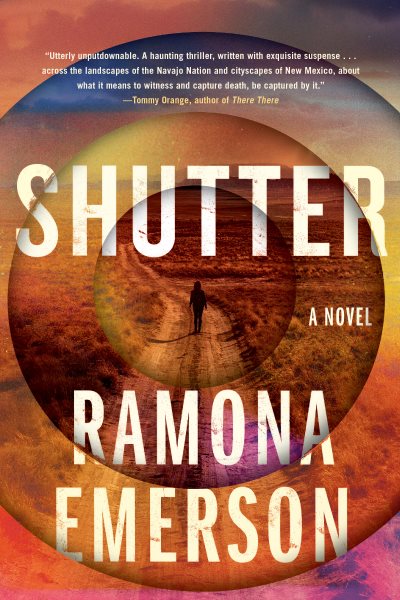
Shutter by Ramona Emerson
Longlisted for the National Book Award. A forensic photographer working for the Albuquerque police force, Rita Todacheene, who sees the ghosts of crime victims who point her toward the clues the other investigators overlook, is caught in the crosshairs of one of Albuquerque’s most dangerous cartels when a furious ghost sets her on a path of vengeance.
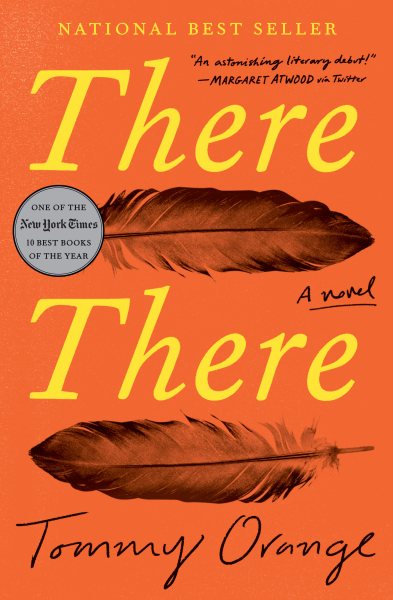
There There by Tommy Orange
New York Times Bestseller and winner of the Center for Fiction First Novel Prize. The story of twelve unforgettable Native characters, living in Oakland, California, who converge and collide on one fateful day. It grapples with the complex history of Native Americans; with an inheritance of profound spirituality; and with a plague of addiction, abuse and suicide.
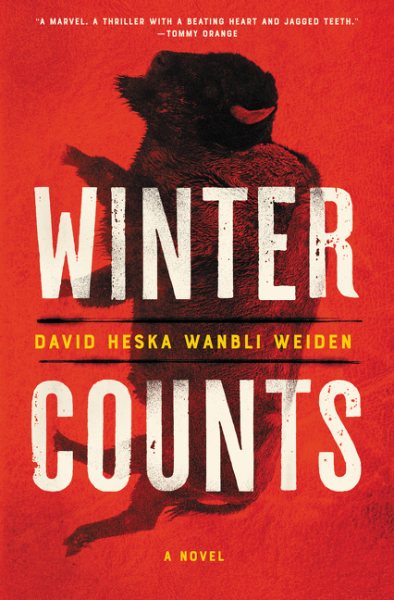
Winter Counts by David Heska Wanbli Weiden
Shortlisted for the Edgar Award for First Novel and a Best Book of 2020: NPR. A vigilante enforcer on South Dakota’s Rosebud Reservation enlists the help of an ex to investigate the activities of an expanding drug cartel, while a new tribal council initiative raises controversial questions.
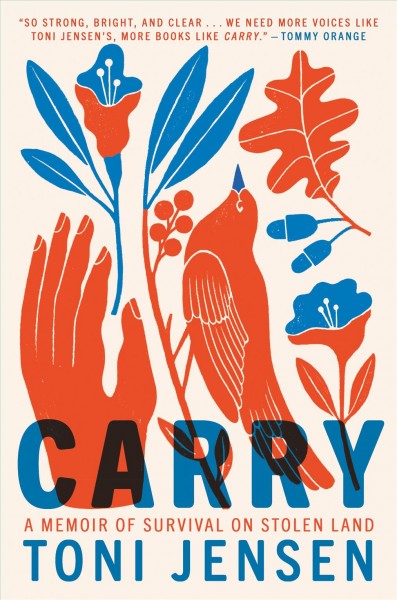
Carry: A Memoir of Survival on Stolen Land by Toni Jensen
Carry explains what it means to exist as an indigenous woman in America, told in snapshots of Jensen’s encounters with gun violence. In Carry, Jensen maps her personal experience onto the historical, exploring how history is lived in the body and redefining the language we use to speak about violence in America.
CHILDREN
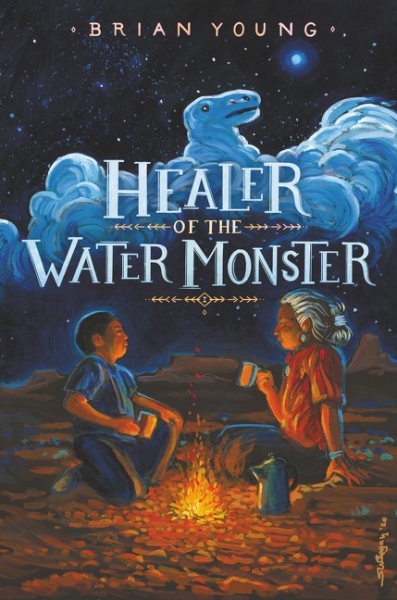
Healer of the Water Monster by Brian Young
American Indian Youth Literature Award Winner. A debut novel inspired by Native-American culture follows the experiences of a boy whose summer at his grandmother’s reservation home is shaped by his uncle’s addictions and an encounter with a sacred being from the Navajo Creation Story.
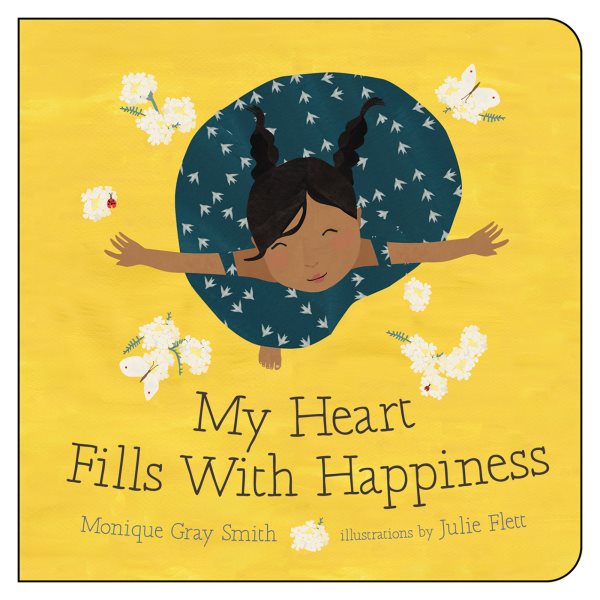
My Heart Fills with Happiness by Monique Gray Smith
A board book that supports the wellness of Indigenous children and families, and encourages young children to reflect on what makes them happy.
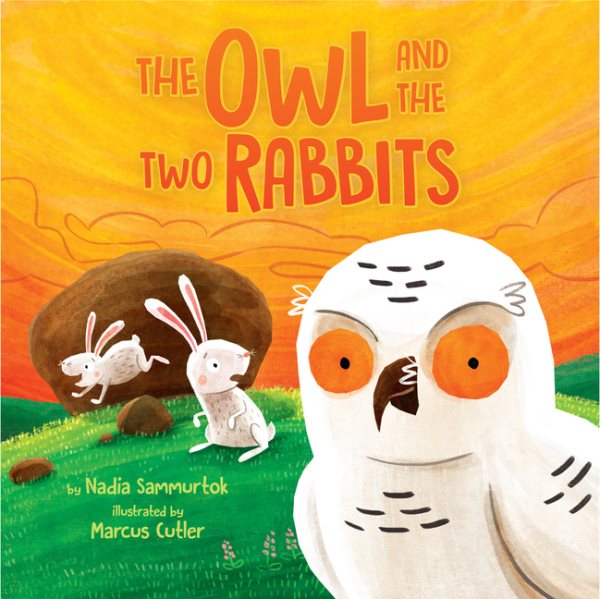
Owl and the Two Rabbits by Nadia Sammurtok
When two rabbit sisters ignore their parents’ warnings and decide to play outside on the open tundra, a hungry owl soon spots them and decides they will make a delicious meal. As a chase ensues, the sisters must act quickly, using the owl’s own greed against him in order to get away. A traditional Inuit story and cautionary tale.
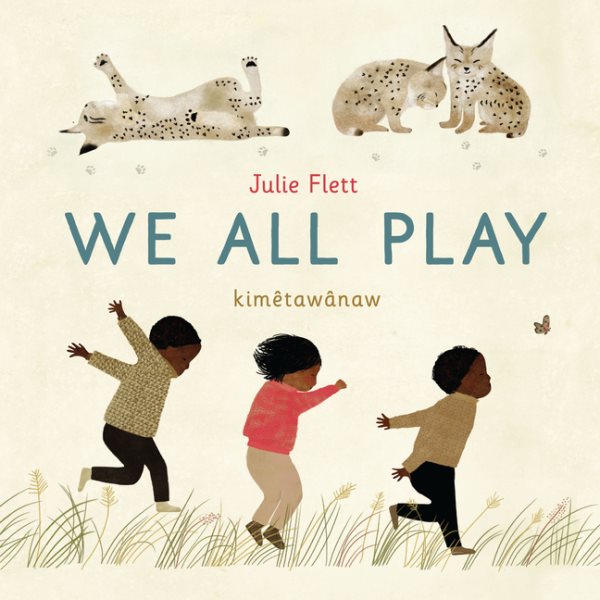
We All Play: Kimêtawânaw by Julie Flett
A Best Children’s Book of the Year. This wonderful book celebrates playtime and the connection between children and the natural world. (Kids up to age 7)
TEEN/YOUNG ADULT
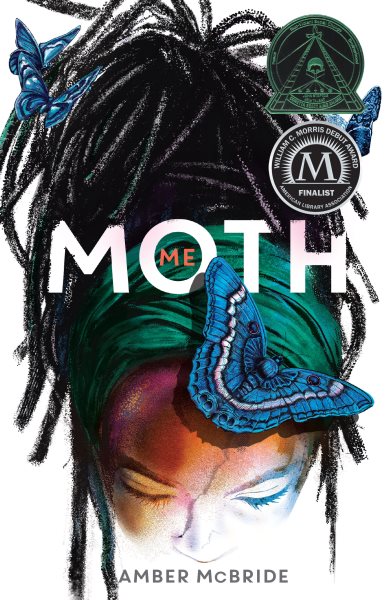
Me (Moth) by Amber McBride
Moth, who lost her family in an accident, and Sani, who is battling ongoing depression, take a road trip that has them chasing ghosts and searching for ancestors, which helps them move forward in surprising, powerful and unforgettable ways.
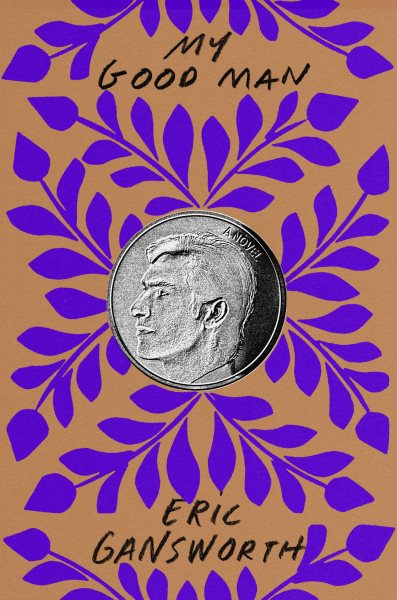
My Good Man by Eric Gansworth
Brian, a 20-something reporter on the Niagara Cascade’s City Desk, is navigating life as the only Indigenous writer in the newsroom, being lumped into reporting on stereotypical stories that homogenize his community, the nearby Tuscarora reservation. But when a mysterious roadside assault lands Tim, the brother of Brian’s mother’s late boyfriend in the hospital, Brian must pick up the threads of a life that he’s abandoned.
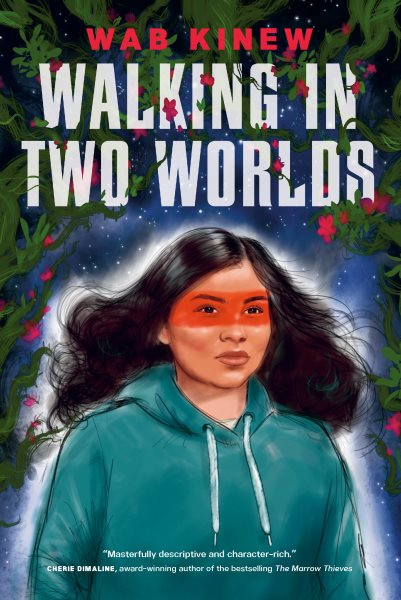
Walking in Two Worlds by Wab Kinew
When Bugz, who is caught between the worlds of life on the Rez and the virtual world, meets Feng, they form an instant bond as outsiders and gamers and must both grapple with the impact of family challenges and community trauma.
KANOPY FILMS
More than a Word: Native American-Based Sports Mascots
Through interviews with scholars, tribal leaders, lawyers, policy experts, activists, and Washington Rdskins fans, the film explores the history of the slanderous term “redskin,” and delves into cultural stereotypes of Native Americans and their relationship to history.
Based on the best-selling novel by Bonnie Jo Campbell, the film is the story of Native American teenager Margo Crane in 1970s rural Michigan. After enduring a series of traumas and tragedies, sets out on an odyssey on the Stark River in search of her estranged mother.
Documentary chronicles the lives of three Native American teenagers in Navajo, New Mexico-Thomas, an elite runner; Tamara, an academic superstar; and Gabby, an aspiring photographer-as they navigate their senior year at a reservation high school.

